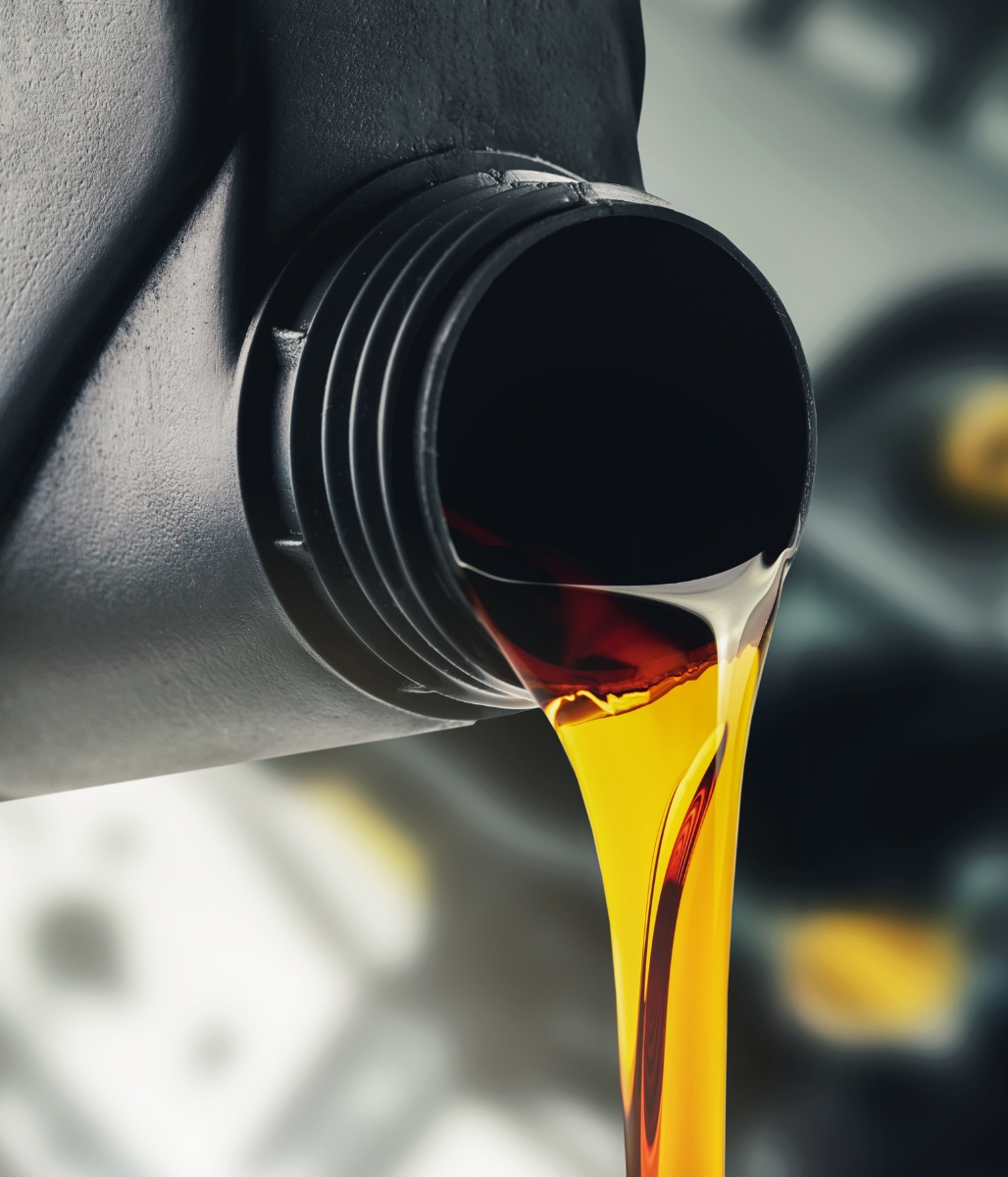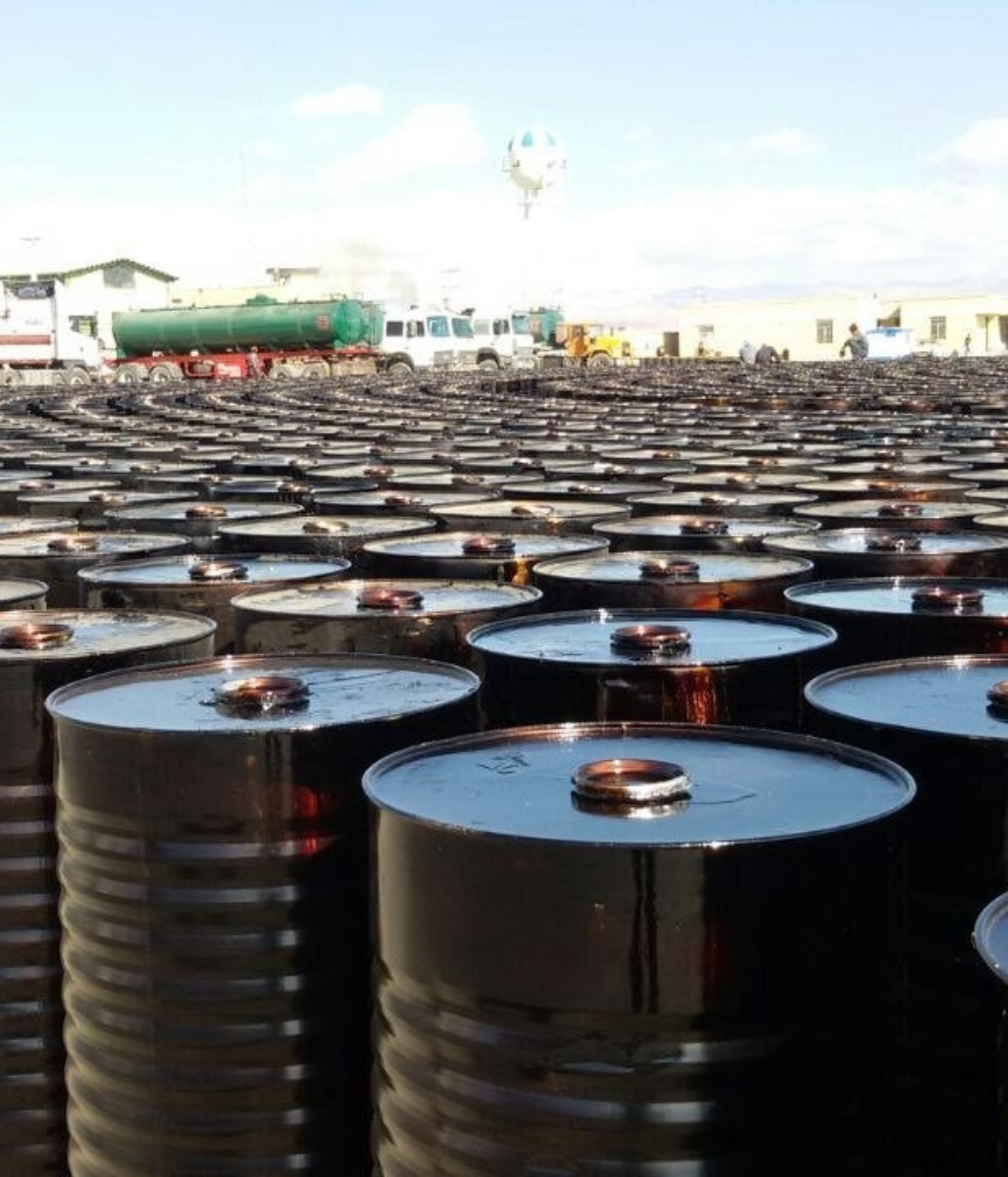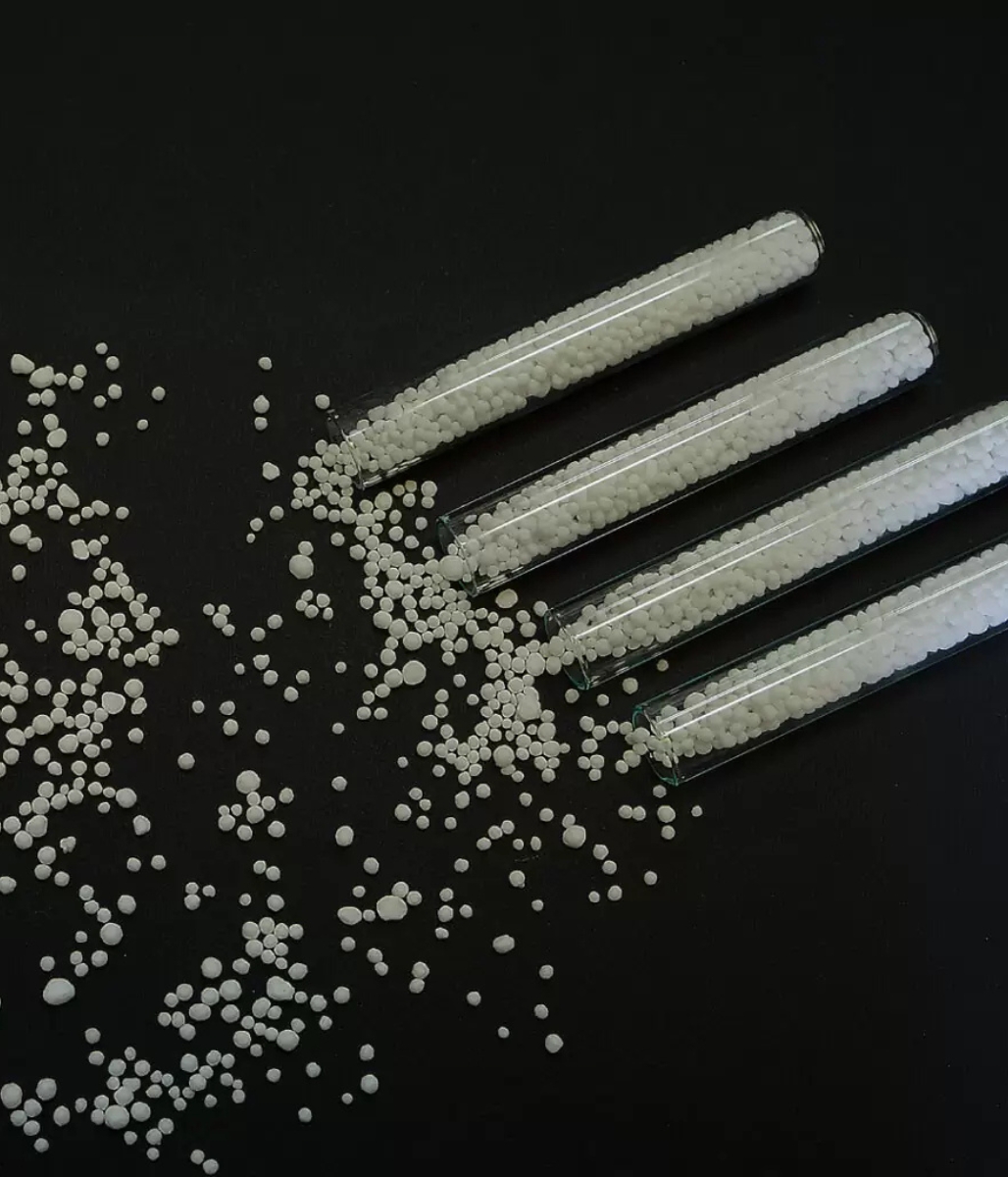Bunker & Marine Oil
Bunker & Marine Oil is a specialized type of fuel used to power large marine vessels, including cargo ships, tankers, and cruise liners. It is a category of fuel oil derived from crude oil and refined to meet the specific energy requirements and operational demands of maritime engines. Bunker oil is typically classified into different grades based on its viscosity and sulfur content, with two primary types being Heavy Fuel Oil (HFO) and Marine Gas Oil (MGO).
Heavy Fuel Oil (HFO):
This is a viscous and dense fuel commonly used in large marine diesel engines. It is economical and widely used but requires pre-heating before combustion due to its high viscosity. HFO is ideal for long-distance voyages where cost-efficiency is crucial. However, it is associated with higher sulfur emissions, leading to regulatory limitations in Emission Control Areas (ECAs).
Marine Gas Oil (MGO):
A lighter and less viscous fuel, MGO is used in smaller vessels or auxiliary engines on large ships. It is cleaner-burning and complies with stricter emission standards, making it suitable for ECAs and ports.
Key Characteristics and Applications:
Energy Efficiency: Both types provide the high energy output necessary for marine propulsion systems.
Custom Blends: Bunker oil can be blended to meet specific engine requirements or comply with regional environmental regulations.
Storage and Handling: Ships often have specialized systems to store and handle the oil, including heating systems for HFO.
Environmental Considerations:
In recent years, the maritime industry has faced stricter environmental regulations, such as the International Maritime Organization's (IMO) sulfur cap of 0.5%, implemented in 2020. This has increased the adoption of low-sulfur fuels, such as Marine Gas Oil, or alternative fuels like LNG (liquefied natural gas).
Bunker & Marine Oil remains a vital fuel source for global trade and maritime transportation, providing the power necessary to move goods and passengers across vast oceans while evolving to meet modern environmental and efficiency standards.



